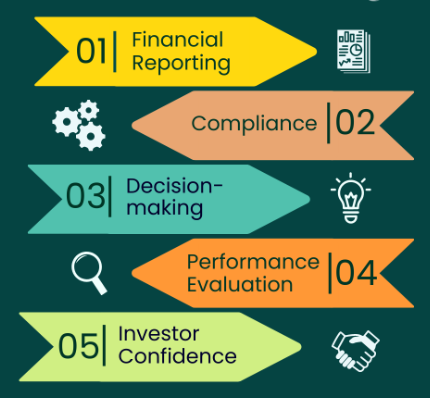Primitive stage
Do you know the history of accounting evolution goes back to ancient Mesopotamia civilization, where goods were traded with exchange of monetary numbers?
Accounting emerged as numerical metaphor with the context of controlling transactions in Mesopotamia in 7000 years before (3000-2000 BC). Primarily, accounting was used to record the growth of crops and herds. They have used clay tables to record the transactions.
World’s first accountants counted on cuneiform, which is a logo-syllabic writing system.
Development of accounting
With the expansion of business and commerce activities need for the accounting requirements become more important to the owners. Summary of historical expansion of accounting and bookkeeping systems are listedas follows:
- 2nd millennium BC- Egyptian had a phonetic alphabet for bookkeeping purpose.
- 3rd millennium BC – Iran had a system of checking financial matters.
- 4th century BC- Egyptians had a system of auditing including oral audit reports.
- 4 BC – during the period of Mauryan Empire, the Chanakya (Kautilya) in India wrote a manuscript similar to a financial management book. His book of Arthashastra includes some detailed aspects of maintaining books of accounts.
- 27 BC – Roman government maintained detailed financial information system including recording of cash and commodities transactions.
Double entry bookkeeping
Luca Pacioli known as the “Father of Accounting and bookkeeping” and he was the person to invent the double-entry system of book-keeping during 14th century.

He impacted the accounting practice by introducing double-entry accounting method. This is a method of bookkeeping that relies on a two-sided accounting entry to maintain financial information.
As per Luca Pacioli, there are three fundamental concepts in double entry accounting:
- Debits = Credits
This is the algebraic equivalent of double-entries/ bookkeeping equation
- Real accounts
This include assets representing wealth, against liabilities for the payables relating to that wealth, and the difference is the owner’s net wealth.
- Nominal accounts
This is owner’s increment in wealth—net income
Application of the above concepts revolutionized the way of conducting businesses operations and improved efficiency and profitability. The basics of double-entry accounting are remained unchanged for over 500 years. Accounts prepared based on double entry accounting had given opportunities for the owners to take viable economic decisions due to the purposefully selected and arranged information.
Modern accounting
Professionalization of accounting during 18-19th centuries has contributed to significant development in the accounting and bookkeeping profession. The industrial revolution occurred during this period resulted to have significant economic developments and further contributed to sophisticated accounting systems.
The concept of Chartered Accountant was originated 19th century in Scotland. In 1854, the accounting professionals of Edinburgh has adopted the name of “Chartered Accountant” for their members.
During 20th century significant technological advancements such as sophisticated software, calculators and computers had a huge impact on bookkeeping
In the 21st century accounting was further evolved with the usage of cloud-based accounting software, real-time financial tracking, task automation, and remote accessibility etc. Artificial intelligence (AI) and machine learning are also impacting todays bookkeeping processes, financial analysis and fraud detection.
Today’s business environment, companies have to maintain large amount of raw data, as a result emphasis has given more into real time processing of these data to generate financial results. Real time processing is very important to generate accurate financials more efficiently. Further, it also save significant amount of time spent on the analysis of financial results by the organization.
Financial accounting
Financial accounting is the process of recording, summarizing, and reporting a company’s business transactions through financial statements. These statements include:
- the income statement,
- the balance sheet,
- the cash flow statement, and
- the statement of retained earnings.
Financial statement’s information isused for various purpose such as financial reporting, statutory compliances, decision making, performance evaluation and make investors confident.

Outsourced Accounting
Today’s organizations are switching to outsourced accounting services to gain the strategic business advantages.
Outsourcing accounting function helps organization to tap into specialized expertise without the need for in-house hiring and training, ensuring access to qualified and experienced professionals. It reduces overhead costs associated with maintaining an internal accounting department, including salaries, benefits, and infrastructure.
How can we help you?
Entrycircle Global Consulting (Pvt) Ltd creates solution to your business through efficient management of your recordings and provide various consulting and advisory services to the growth of your business across the globe.
Connect with us : www.entrycircle.com

